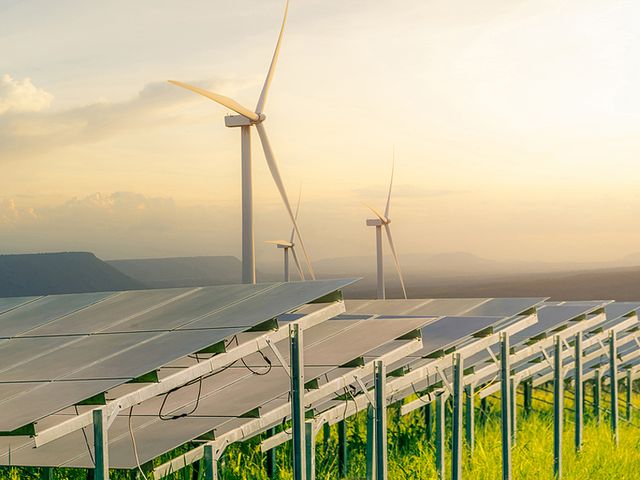Sustainable agriculture has emerged as a critical solution to some of the most pressing global challenges we face today. With increasing concerns about climate change, food security, and environmental degradation, sustainable agriculture offers a ray of hope. In this article, we will delve into the multifaceted benefits of sustainable agriculture and why it deserves our utmost attention.
What is Sustainable Agriculture?
Before we delve into its benefits, it’s essential to understand what sustainable agriculture entails. Sustainable agriculture is an integrated system of plant and animal production practices that prioritize the long-term well-being of ecosystems, communities, and individuals. It aims to provide an abundant and consistent food supply while conserving natural resources and supporting local economies.
The Benefits of Sustainable Agriculture
1. Environmental Conservation
Sustainable agriculture employs a range of environmentally-friendly practices to minimize harm to the ecosystem. These practices include crop rotation, organic farming, and reduced pesticide use. By minimizing soil erosion, preserving water quality, and maintaining biodiversity, sustainable agriculture plays a vital role in conserving our planet.
2. Improved Soil Health
Conventional farming practices often lead to soil degradation and loss of fertility. Sustainable agriculture, on the other hand, focuses on building and maintaining healthy soil. Techniques like cover cropping and reduced tillage help improve soil structure and nutrient content, leading to increased crop yields over time.
3. Water Conservation
Water scarcity is a growing concern worldwide. Sustainable agriculture employs efficient irrigation methods and water management practices, reducing the overall water footprint of farming. This not only conserves water but also mitigates the risk of water pollution from runoff.
4. Enhanced Biodiversity
Sustainable farming systems encourage the coexistence of diverse plant and animal species. By avoiding monoculture and providing habitats for wildlife, sustainable agriculture contributes to the preservation of biodiversity, which is essential for a healthy ecosystem.
5. Economic Benefits
Sustainable agriculture can be economically advantageous for farmers. While transitioning to sustainable practices may require initial investments, the long-term benefits, such as reduced input costs and increased crop resilience, often outweigh the initial expenses.
6. Food Security
In an era of climate change and population growth, ensuring food security is paramount. Sustainable agriculture’s emphasis on diverse crops and resilient farming systems helps communities maintain a stable food supply even in the face of adverse conditions.

7. Mitigation of Climate Change
Agriculture is a significant contributor to greenhouse gas emissions. Sustainable practices like agroforestry and carbon sequestration help offset these emissions. By reducing the carbon footprint of farming, sustainable agriculture actively contributes to climate change mitigation.
The Way Forward
The benefits of sustainable agriculture are undeniable. As we face increasingly complex global challenges, embracing sustainable agricultural practices is not merely an option; it’s a necessity. Governments, farmers, and consumers must work together to promote and support sustainable agriculture. By doing so, we can pave the way for a more prosperous and environmentally responsible future. For further tips and ideas about the benefits of sustainable agriculture, go to their homepage to learn more.
In conclusion, sustainable agriculture offers a holistic approach to food production that addresses environmental, social, and economic concerns. Its benefits extend far beyond the farm, impacting communities, ecosystems, and the global population as a whole. As we move forward, let’s remember that the choices we make today in supporting sustainable agriculture will shape the world we leave for future generations.





